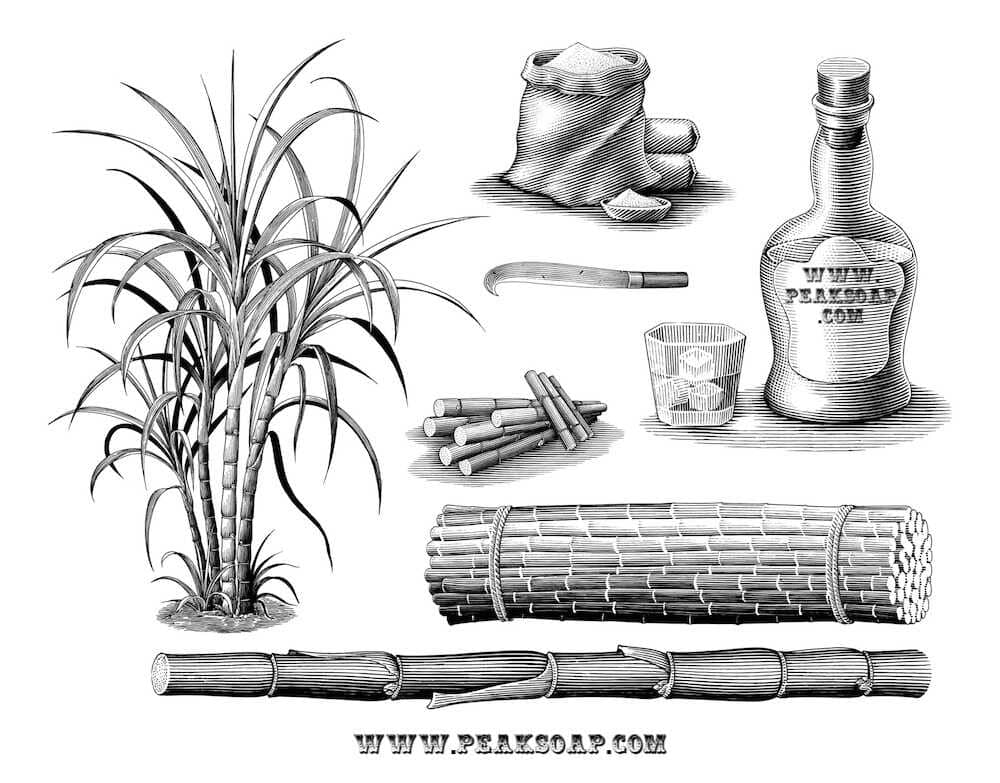|
What is soap made of? The vast majority of soap that we are all familiar with fits into 3 main types. Synthetic (Supermarket) soap, liquid soap and traditional soap. What Is Soap Made Of?by The Peak Soap Team Updated: 28.07.23 INTRODUCTIONWhat is soap made of? The vast majority of soap that we are all familiar with fits into 3 main types. Synthetic (Supermarket) soap, liquid soap and traditional soap. SUPERMARKET SOAPMost of the soap that we buy from the supermarket is technically called a SYNDET (Synthetic detergent). It is a synthetic version of real soap. PROS : cheap to make and buy CONS : contains chemicals that strip the moisture from skin. LIQUID SOAPAs the name suggests this is a soap that has been specially prepared to stay liquid at room temperature. It is more similar to supermarket syndet that traditional soap. PROS : conveniently packaged to provide just enough from the dispenser. CONS : contains chemicals that strip the moisture from skin. HANDMADE SOAPTraditional soap is made using natural vegetable or animal fats and does not contain peterochemicals. PROS : no peterochemicals, contains organic nutrients, more powerful cleaning, moisturises, better for environment. CONS : more expensive to buy, more expensive to manufacture. If you want to know more about the ingredients in soap click here. PLEASE SHARE THIS ARTICLE IF YOU LIKED IT!
0 Comments
Your comment will be posted after it is approved.
Leave a Reply. |
Peak Soap
The Original Bakewell Soap Co.
Contact : [email protected] | Copyright 2023 © P e a k S o a p Ltd.
P e a k S o a p™ Ltd. is registered in the United Kingdom | Office : Diamond House, Water Street, Bakewell, DE45 1EW | Company No. 11684582
P e a k S o a p™ Ltd. is registered in the United Kingdom | Office : Diamond House, Water Street, Bakewell, DE45 1EW | Company No. 11684582

